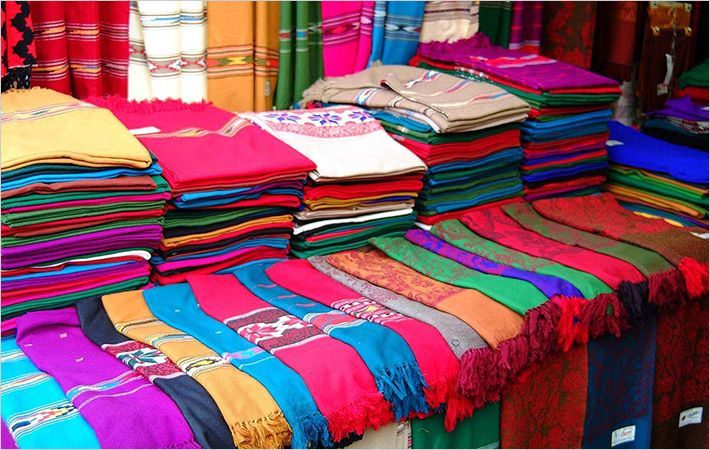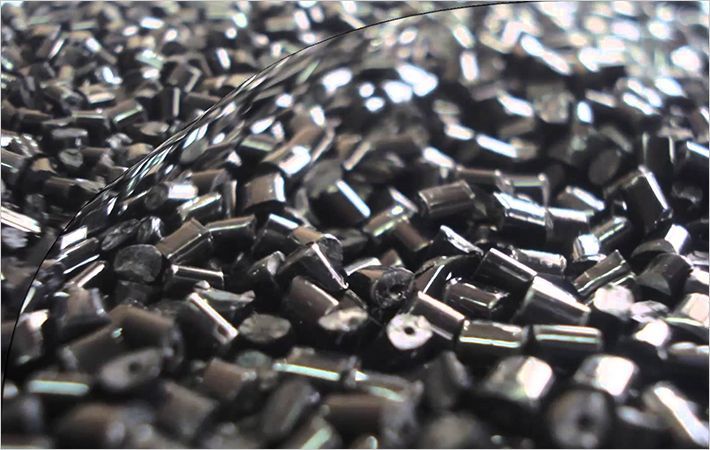Keeping in view the importance of coir pith composting and geo-textiles, a national seminar is being organized to discuss and debate the various aspects of the topic so as to arrive at useful recommendations.
The Association for Coastal Agricultural Research - Goa & Coir Board - Bangalore is organizing a one-day seminar on Coir Pith Composting & Use of Geo Textiles at ICAR Research Complex - Goa on March 17, 2012.Keeping in view the importance of coir pith composting and geo-textiles, a national seminar is being organized to discuss and debate the various aspects of the topic so as to arrive at useful #
Coir pith is an ideal soil re-conditioner, soil structure improver and soil substrate with excellent water holding capacity. India annually produces about 280,000 metric tons of coir fibre.
By weight, coir fibres account for about one-third of the coconut pulp and the other two-thirds is the coir pith. Coir pith is also known as Coco peat or Coir dust. This by-product of the coir industry can be converted into valuable organic manure, making it ideal for gardening and horticulture.
Special Features of Coir pith compost
• Contains macronutrients-Nitrogen, Phosphorus and Potassium
• Contains micronutrients -Calcium, Copper and magnesium.
• Contains natural enzymes
• Excellent water holding capacity
• Improves aeration
• Enhances strong deep root system
• Stimulates production of phytohormones
• Ideal pH level -5.6 to 6.4
• Eco-Friendly
• By composting manure after 30 to 40 days the lignin content is reduced from 40 percent to 30 per cent. The nitrogen content is increased from 0.20 per cent to 1.06 percent.
• Coirpith compost contains macronutrients and micronutrients. It can absorb water upto eight times its weight. Coirpith, when added to sandy soil at two percent increases the water holding capacity up to 40 percent.
• It can be applied to a wide variety of crops and can be used to prepare potting mixture and can be applied as organic manure in kitchen gardens.
TechnicalTextile.Net

